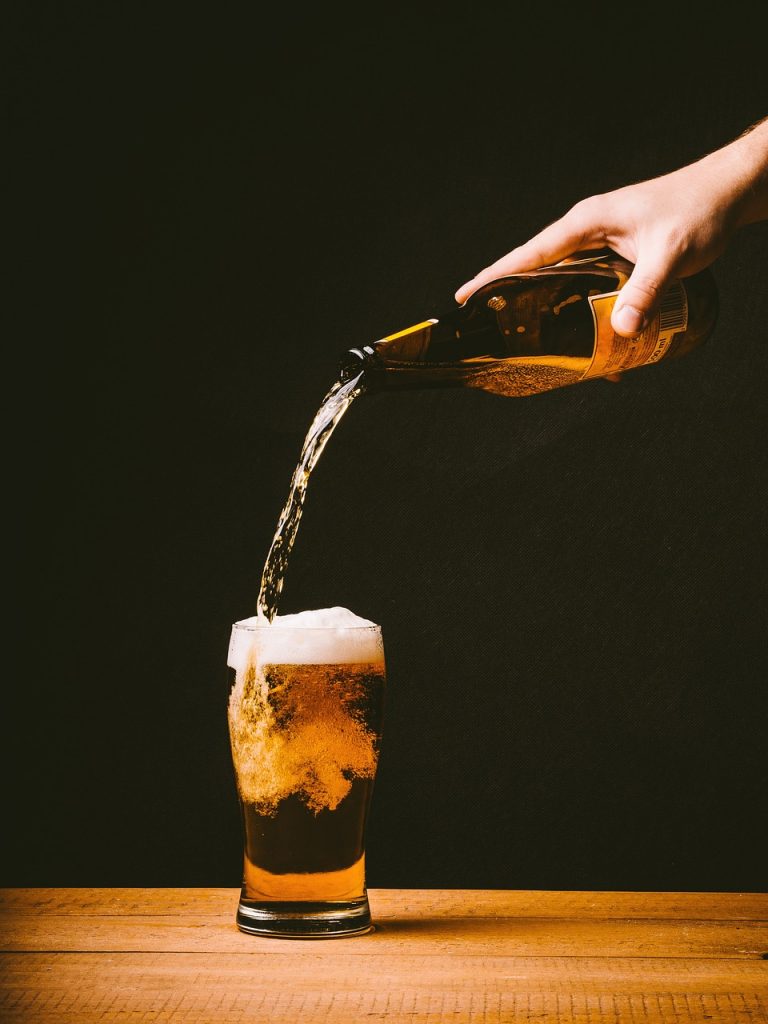Millions of Americans enjoy having a drink or two on occasion, and sometimes even more. But too often, that occasional drink turns into a nightmare. It is estimated that approximately 85.5 percent of the population has had an alcoholic drink in their life and 69 percent have had a drink in the last year.
Of the entire American population, approximately 1 in 8 is an alcoholic. Experts from centers such as http://oceansrecovery.com/ will say that because it is so common, the signs of alcoholism are difficult to diagnose.

Stages of Alcoholism
The signs of alcoholism will occur in stages. The first stage involves thoughts and situational experiences related to alcoholism. You or your loved one might drink more excessively than they had originally planned. They will make excuses to have a drink, go drinking, or find alcohol.
They will also find ways to drink alone more frequently. You may notice that they are having more hangovers or sicker than usual. They may also be more tired frequently. Some of their behaviors may indicate that they are consumed with the idea of drinking.
That is the first sign of alcoholism, there comes a time when the symptoms get more chronic.
Chronic Alcoholism
When an alcoholic has a tendency to get away with some previous behaviors, they will escalate to other situations where alcohol begins to interfere with their daily lives. They will ignore responsibilities because they want to drink, and they will continue to drink despite the impact it is having on their lives. In addition, you may see them engaging in behavior that is unusually reckless, or even unlawful.
Many times their behavior is because they are intoxicated, and they don’t know what they are doing. There is the proverbial rock bottom that they will hit that will make it easier to help them with support and treatment. If you can be there for your loved ones in a secure and loving way, they may be more inclined to listen to you about getting some help.
More serious signs of alcoholism include blackouts, serious withdrawal symptoms, and a tolerance for alcohol that has them drinking even more than usual.
Treatment for Alcoholism
There are several treatment options available for alcoholism. This is a problem that is a chemical problem that results in physical concerns, and so treating the withdrawal of the alcoholism will be the first step.
There are a number of medications that can help. Centers such as http://oceansrecovery.com/ can help you to access the medication that can help treat alcoholism and its withdrawal effects. There are also several behavioral treatments that you can access through support centers that include support groups and one-on-one counseling.
After treatment, there are many options for help that your loved one can access that will help them to resume a normal life. Support and love are key to that process.
Seek Support for Alcoholism
When you are worried about a loved one with alcoholism, start with a gentle approach. Talk to them with love, and help them find the solutions that will help improve their lives. Centers like http://oceansrecovery.com/ are just one part of that.
I’m a 20-something stay-at-home mother and wife. I have an amazing husband, a beautiful daughter, two loving dogs, and a lazy cat. I wouldn’t change my life for anything! I love to read, listen to music, cook and blog!

Speak Your Mind